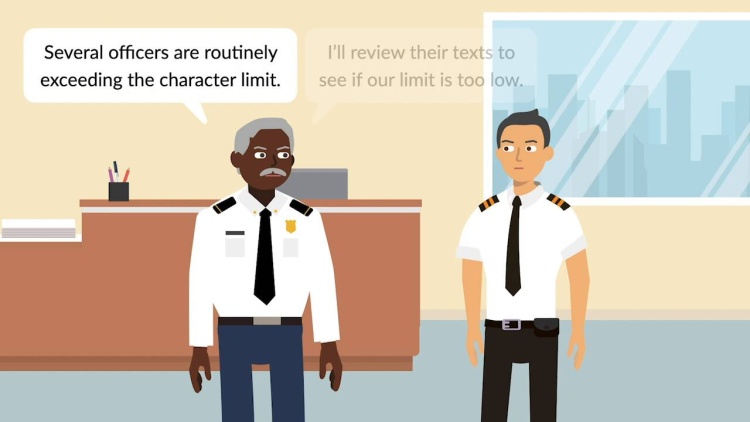City of Ontario v. Quon
United States Supreme Court
560 U.S. 746 (2010)

- Written by Sara Rhee, JD
Facts
Jeff Quon (plaintiff) was a police sergeant with the Ontario Police Department (OPD). In October 2001, the City of Ontario (the city) (defendant) distributed pagers to certain employees, including Quon, for use in the course of their law-enforcement duties. At the time, the city had in place a policy that reserved its right to monitor all email and internet use on its network and informed employees they had no expectation of privacy in their use of the city’s network. The city made clear to employees that the same policy would apply to text messages. Quon began exceeding his monthly text-message character limit. Rather than auditing Quon’s text messages to see if the overages were due to work-related text messages, OPD initially allowed Quon to simply reimburse the city for the overage. However, OPD eventually conducted an audit to determine whether the city needed to raise the text-message character limit by determining whether message overages were due to work-related messages or personal messages. The phone company provided OPD with transcripts of its employees’ text messages on city pagers. Quon had sent or received 456 messages during work hours, of which only 57 were work related. OPD determined that Quon had violated OPD rules and disciplined him. Quon brought suit in the United States District Court for the Central District of California, alleging that the city had violated his Fourth Amendment rights by reading his messages. The district court found that Quon had a reasonable expectation of privacy in his text messages, but after a jury concluded that the text-message audit was conducted for the legitimate purpose of determining the efficacy of the character limits, the district court ultimately held that the city did not violate Quon's Fourth Amendment rights. The United States Court of Appeals for the Ninth Circuit reversed in part and found that Quon's Fourth Amendment rights had been violated. The appellate court agreed that Quon had a reasonable expectation of privacy in the text messages but disagreed about whether the text-message audit was reasonable. The United States Supreme Court granted certiorari.
Rule of Law
Issue
Holding and Reasoning (Kennedy, J.)
Concurrence (Scalia, J.)
What to do next…
Here's why 907,000 law students have relied on our case briefs:
- Written by law professors and practitioners, not other law students. 47,100 briefs, keyed to 996 casebooks. Top-notch customer support.
- The right amount of information, includes the facts, issues, rule of law, holding and reasoning, and any concurrences and dissents.
- Access in your classes, works on your mobile and tablet. Massive library of related video lessons and high quality multiple-choice questions.
- Easy to use, uniform format for every case brief. Written in plain English, not in legalese. Our briefs summarize and simplify; they don’t just repeat the court’s language.





